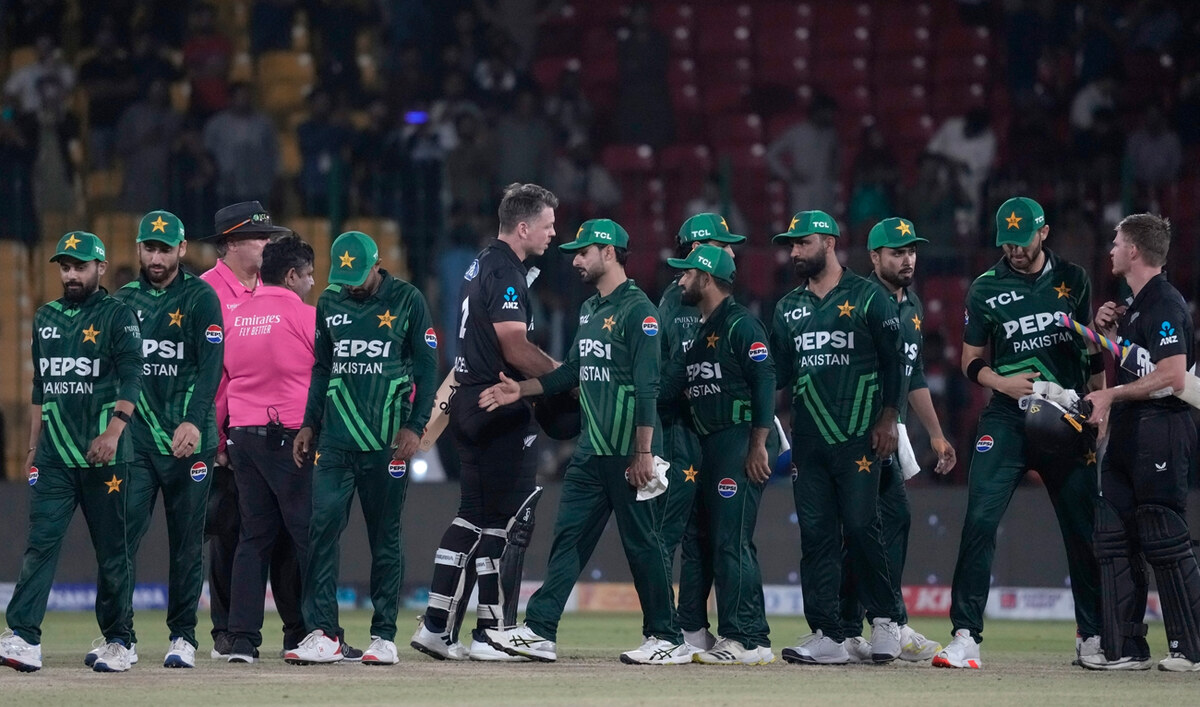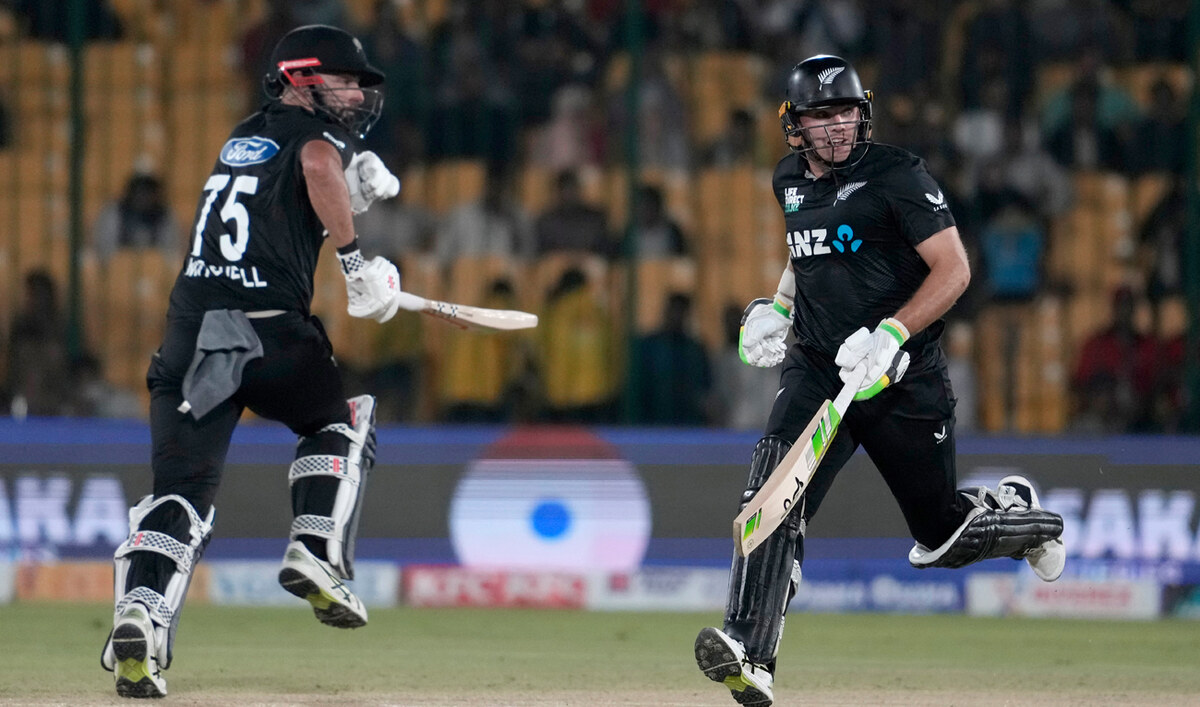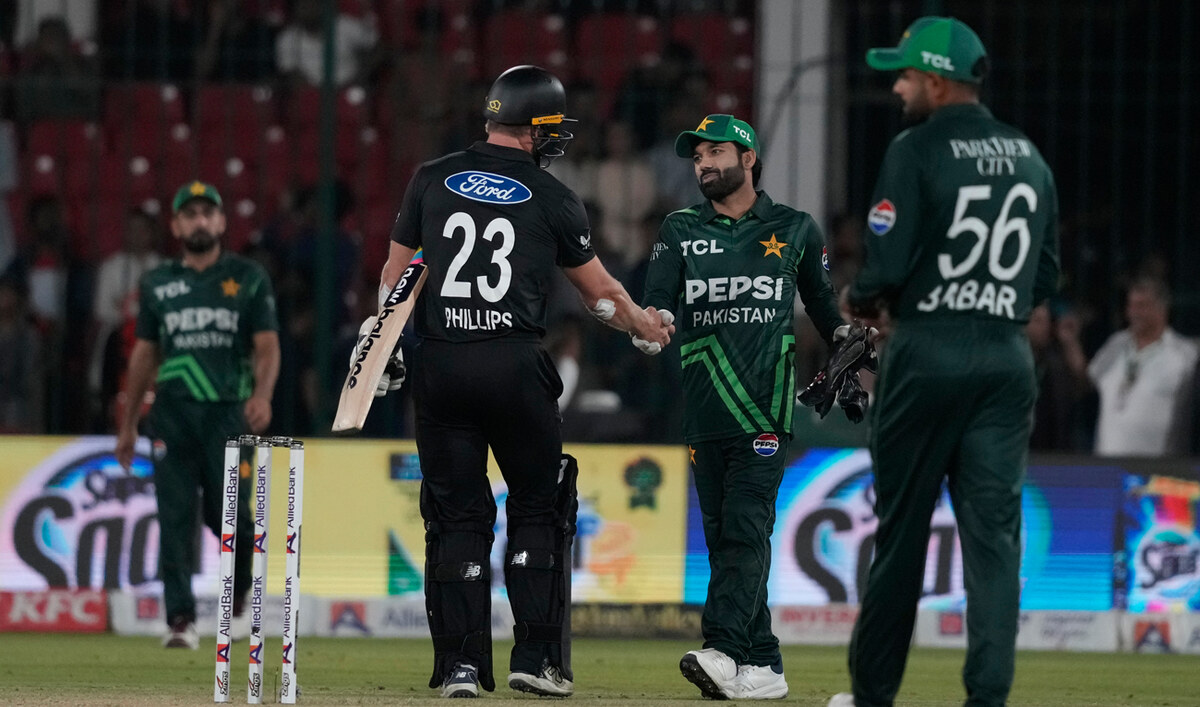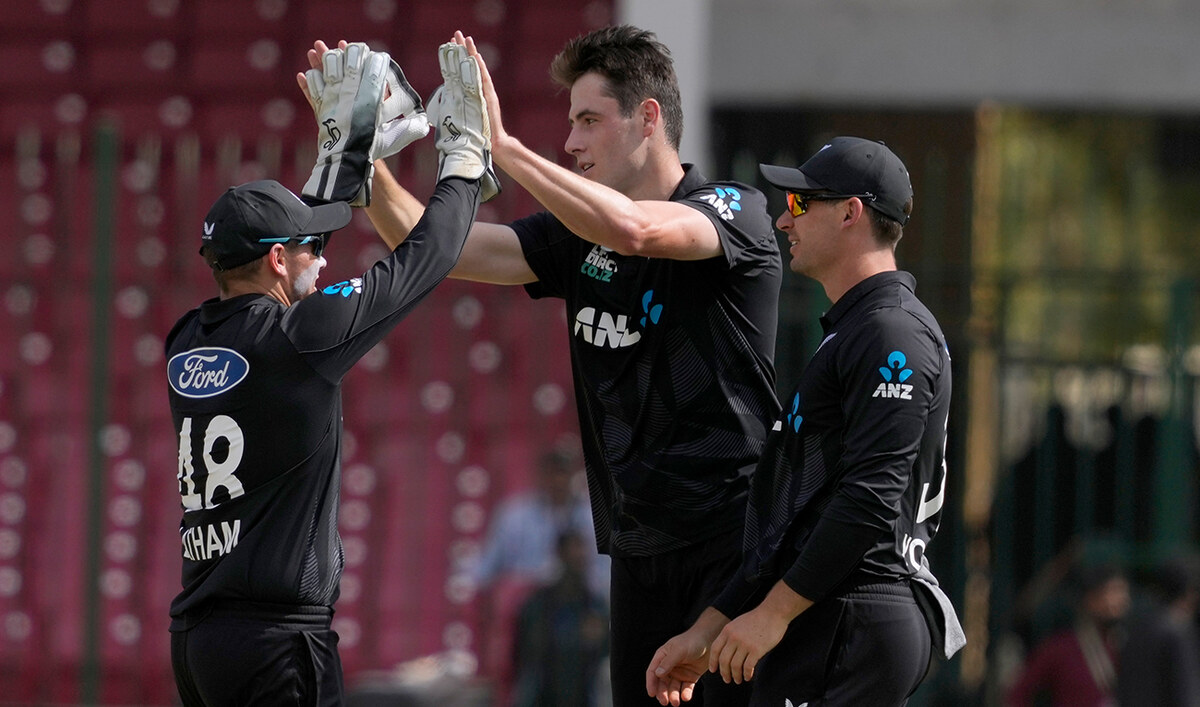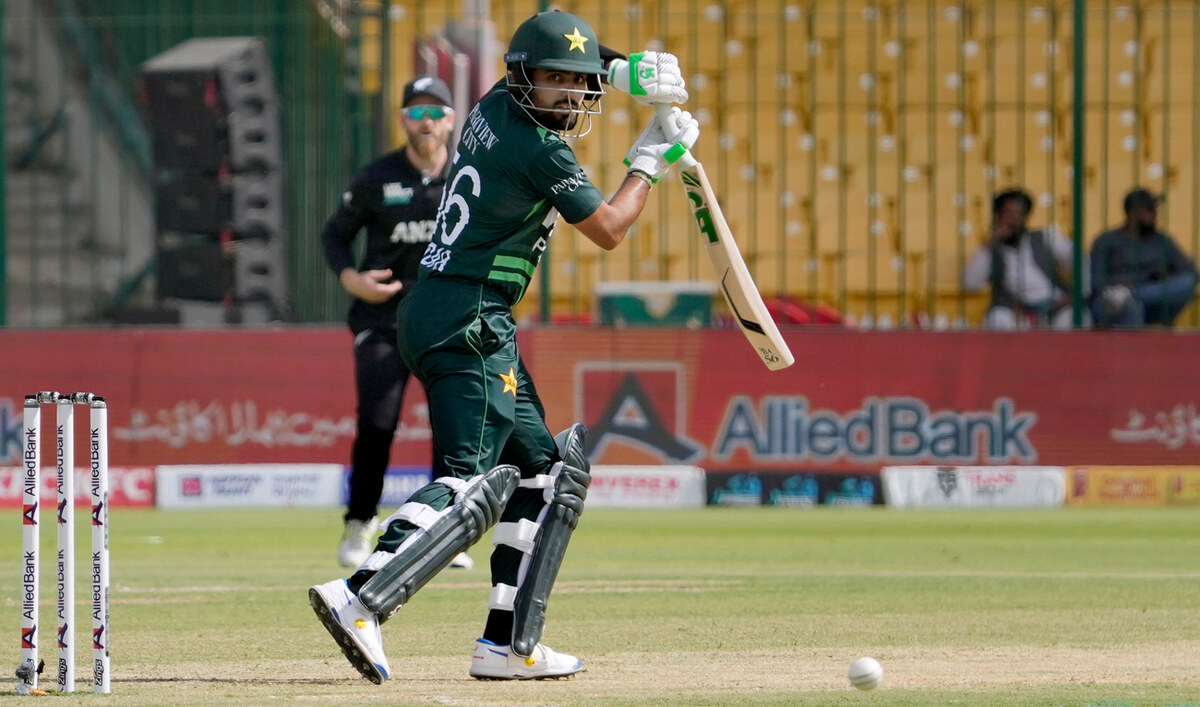KARACHI: For Ayesha Naimatullah, who lives in a small apartment on the outskirts of the southern Pakistani city of Karachi, Eid Al-Fitr is usually a joyous occasion despite the limited earnings of her husband, who sells fruit at a nearby market.
But this year is different as the family of seven faces imminent deportation to Afghanistan, amid an expulsion drive aimed at foreigners that started in November.
Last month, the Pakistan government said it had started mapping Afghan nationals with Pakistan-issued citizen cards for deportation as part of phase two of its expulsion drive in which around half a million so-called undocumented Afghan refugees have already been expelled. The new post-Eid campaign will mainly target 600,000 refugees who hold Pakistan-issued Afghan citizenship cards (ACCs).
Following the central government’s policy, the government in Pakistan’s southern Sindh province, of which Karachi is the provincial capital, last week announced a crackdown on refugees holding ACCs, and their deportation is likely to begin shortly after the three-day Eid holiday.
“How can there be happiness [on Eid] when they are expelling us? Everyone is happy, but Afghans are all sad,” Naimatullah told Arab News. “They have made yellow cards (ACCs), which Pakistan itself made for us, but they are expelling us.”
In October 2023, Pakistan announced phase one of the ‘Illegal Foreigners’ Repatriation Plan’ with a 30-day deadline for “undocumented” Afghan refugees to leave the country or be subject to deportation, putting 1.4 million refugees at risk.
In phase two of the ‘repatriation plan,’ Pakistan-issued ACC holders will be expelled from the country after the Eid Al-Fitr festival, a major Muslim holiday that fell on April 10. Phase three is expected to result in the deportation of UNHCR-issued Proof of Registration (PoR) card holders.
Until November last year, before it began the deportation drive, Pakistan was home to over 4 million Afghan migrants and refugees, about 1.7 million of whom were undocumented, according to the government. Afghans make up the largest portion of migrants, many of whom came after the Taliban took over Kabul in 2021, but a large number have been present since the 1979 Soviet invasion of Afghanistan.
The expulsion drive started after a spike in suicide bombings last year which the Pakistan government — without providing evidence — said mostly involved Afghans. Islamabad has also blamed them for smuggling and other militant violence and crime.
At the time, cash-strapped Pakistan, navigating record inflation and a tough International Monetary Fund bailout program, also said undocumented migrants had drained its resources for decades.
Despite the challenges facing migrants, Pakistan is the only home many of them know and a sanctuary from the economic deprivation and extreme social conservatism that Afghanistan is grappling with.
While hundreds of thousands have left Pakistan since the expiry of a November 1, 2023 deadline, the South Asian country still hosts around 1.35 million registered Afghan refugees, with an additional 803,200 possessing ACCs, according to the UN Refugee Agency (UNHCR).
However, these ACCs now stand null and void, despite no mention of an expiry date.
“EID OR GRIEF”
Naimatullah, who has two daughters and three sons, recounted her parents’ migration to Pakistan following the Soviet invasion of Afghanistan, saying she and her children has been born in Karachi but still faced the threat of deportation.
“We are in a very difficult situation, neither do we have a place [to live] in Afghanistan, nor is there any life there,” she sighed. “There is nothing at all.”
Kamila Bibi, 16, echoed her mother’s concerns, particularly with regards to her education.
The Taliban administration since coming to power has closed most secondary schools to girls, stopped female students attending universities and stopped many Afghan women working for aid groups and the United Nations.
“There [Afghanistan], a ban has also been imposed on girls’ education. If we go there, all our hard work will go to waste, and my education will also be ruined,” Kamila said.
“I study for six to eight hours a day, and all this hard work of mine could go to waste if they expel Afghans,” she added.
“Eid doesn’t hold much meaning [to us] because my studies are being disrupted. Education is Eid for me, it means everything … Our studies will also be ruined and our future will be destroyed [if deported].”
Kamila’s 14-year-old brother, Naseebullah, who dreams of becoming a doctor, said the threat of expulsion had cast a shadow over the 6th grader’s aspirations.
“It will become difficult to achieve that dream and I may never be able to become a doctor,” he said.
Waseema Hashmatullah, a 65-year-old housewife who survives on the earnings of her son, a daily wager, shared the same sentiment as Naimatullah’s family.
“We are sitting with this same worry. There is nothing there [in Afghanistan],” she said. “This is the worry this Eid.”
Hashmatullah’s daughter, Zarghona, a single mother and a registered refugee, joined her paternal family in Pakistan after a divorce in which she lost custody of her children to a husband who lives in Afghanistan.
“I don’t know how we spent these fasting days [in Ramadan] and now Eid is coming, I don’t know how this Eid will pass,” she said, worried about whether her younger siblings would be able to continue studying upon returning to Afghanistan.
“My entire family is in this dilemma these days. We don’t know whether it is Eid coming for us or grief.”
For Afghans in Pakistan, deportation threat clouds Eid Al-Fitr holiday
https://arab.news/29dy6
For Afghans in Pakistan, deportation threat clouds Eid Al-Fitr holiday

- Pakistan has announced it will start expelling Afghans with state-issued citizen cards after Eid Al-Fitr
- Pakistan has already expelled around half a million ‘undocumented’ Afghan refugees since last November




